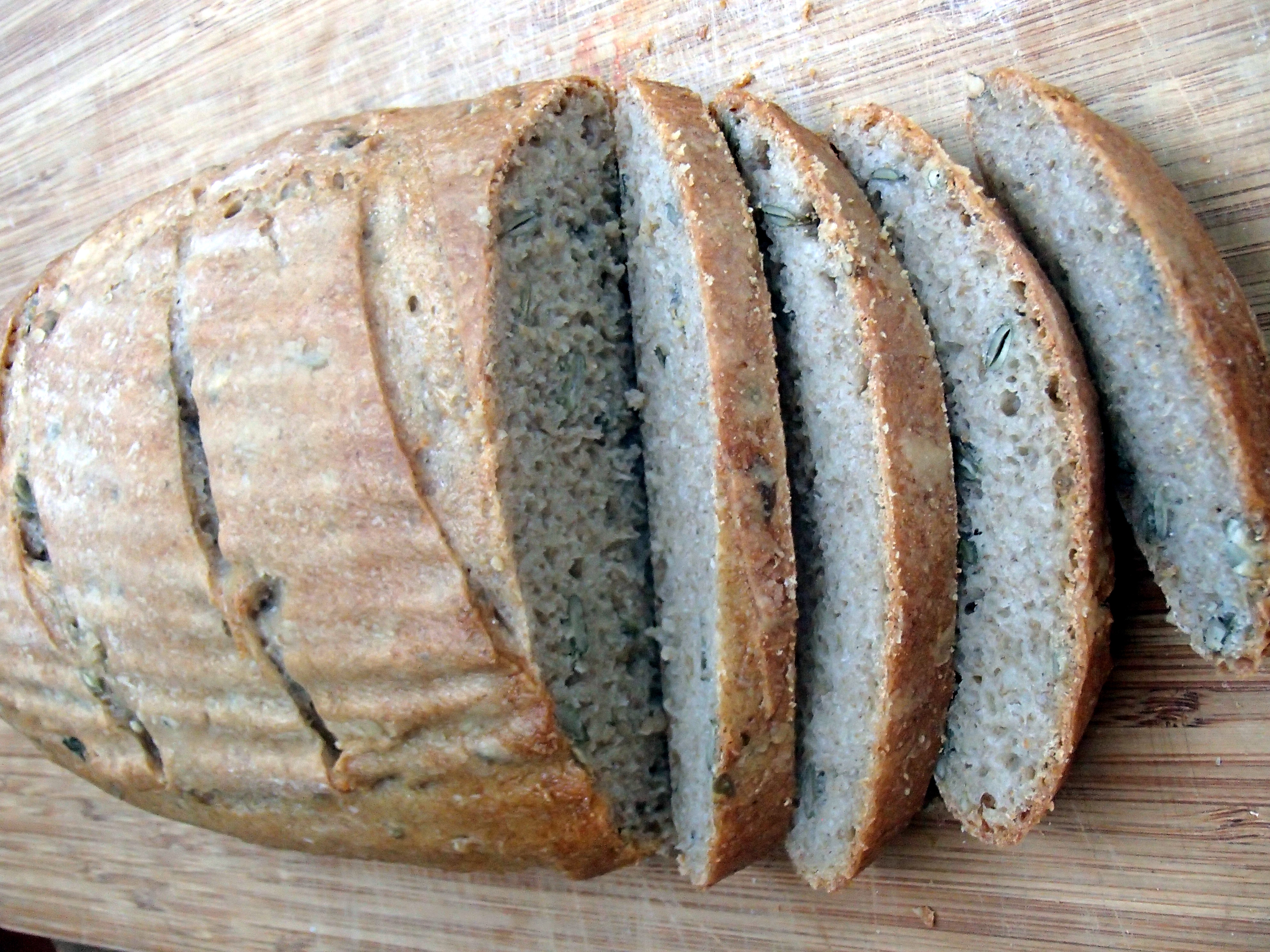We have a shop in our extended neighbourhood where we regularly shop for groceries. The shop is a food cooperative and mostly run by volunteers and supplied by local farmers. By joining the co-op we became members and we are supporting local food production.
Reasons for bulk shopping
While this is an amazing topic in itself I want to talk about something else the shop does: sell bulk products from large storage containers. When we go shopping we have to plan in advance and prepare jars and bags. We bring these from home, cleaned and sometimes labelled. At the shop, we weigh them on their scale and then we shop.
I like this way of shopping for a couple of reasons.
The obvious one is that I get to choose exactly what goes into my jars. No, I don’t check every individual scoop of flour but when I get tea and rice, for example, I know what I’m putting into my containers.
The second advantage is that I only take as much as I need. For example, we eat a lot of pasta but never a whole 500g bag in one meal. It gets a bit frustrating with all the half empty bags in the pantry. Shopping according to weight means that we only take as much as we need for a standard meal for the four of us. The same goes for all other ingredients. For my bread baking, I need a lot of rye flour so I take my two largest jars and fill them up. I know how long that will last me.
The third reason for shopping in bulk is my number one reason for doing it: I don’t produce any waste when I shop. By filling up my containers again and again I eliminate any individual wrapping in my house. Yes, there is still the waste that is produced in the shop by selling the product but this waste is far less than our household rubbish.
Avoiding waste
I want to stay on the topic of waste for a moment. It often strikes me how much wrapping comes with food. It starts with little stickers on apples and goes all the way to biscuits that are surrounded by three layers of plastic so that they would reach us without any crumbs. Once we have opened that package, it’s discarded and will most likely end up in a landfill. Depending on our local area and waste collection it could be recycled but the numbers paint a dark picture for that. A recent documentary uncovered that only around one percent of all soft plastic (i.e. food wrapping and plastic bags) is recycled in Australia. Materials with higher recycling rates are glass, hard plastics, and aluminium.
Using my own wrapping
Coming back to my shopping trips then, I avoid most (not all) of the soft plastics. My containers are glass jars, new or re-purposed. I keep my whole foods staples like rice, beans, flours, sugars, grains, and oats in them. By refilling them rather than using new plastic wrapping I keep our household waste output at bay.
And there is another incentive: it’s cheaper. Shopping in bulk tends to be cheaper in the long run. Yes, you will likely pay a lot when you go to the store but the speed at which you use your ingredients will most likely decrease the more you have. We have already noticed that we’re not getting through our assortment of beans as fast as we thought we would.
Last but not least I want to point out that shopping in bulk is also healthier. Not only do we take some pressure of our natural resources but we also keep chemicals out of our food. Have you ever thought about what keeps the plastic in the shape they came in?
A final note
This is only one (huge) downside to shopping in bulk: it’s not available everywhere. It takes us about 10 min by car to get to our store. I sometimes flinch quite a bit when I compare this to a trip (5 min walking) to the next supermarket. I know that a number of people will use this as an argument. And it’s one that can only be countered by HUGE support for more locally owned food stores which offer bulk foods. Some ideas for opening up a store without packaging can be found in Berlin, Germany, from Original Unverpackt. They are even offering an online course (in German and soon in English) on how to set up a shop.
And finally, look around. You might not need a special store to reduce your waste. Most supermarkets offer some foods in bulk. I never take plastics bags when I get veggies and fruit. And I hardly ever buy biscuits wrapped in triple plastic.




